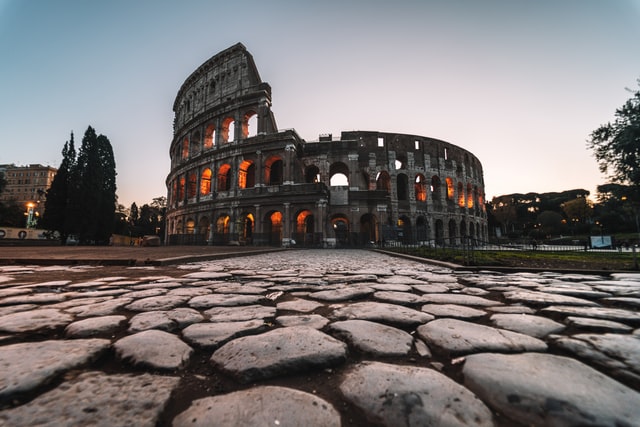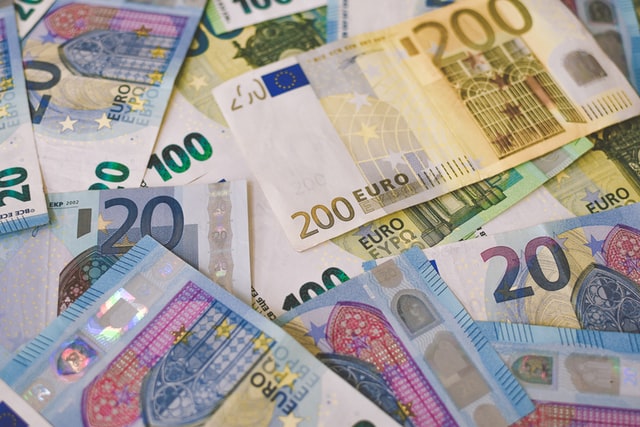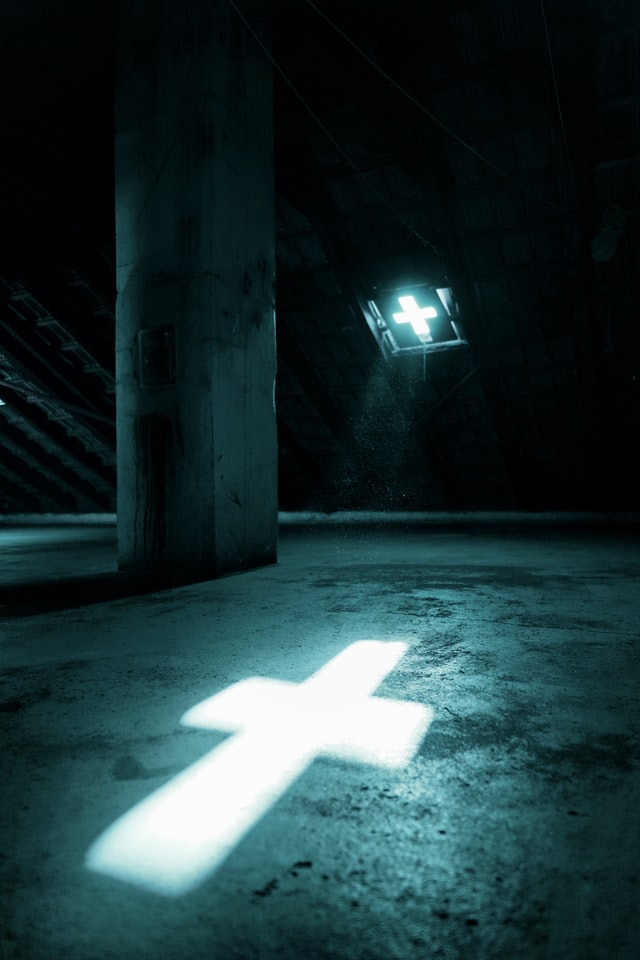Table of Contents
Italy is known around the world for her food and wine, culture, fashion, arts and attractive destinations
If you’re thinking about visiting Italy, there are some things you should definitely know about Italy. So much has been talked about Italian food and wine, music, culture, fashion, arts and attractive destinations. However, there are also other aspect of Italy that are important that you should be aware of.
Let’s us now take a look at the six things about Italy you should know that might help you understand Italy even better!
ITALIAN HISTORY

The Italian history covers the Ancient period, the Middle ages and the Modern era. In antiquity, Italy was the homeland of the Romans and the metropole of the Roman Empire according to Wikipedia. Rome was founded as a Kingdom in 753 BC and became a republic in 509 BC, when the monarchy was over thrown in favor of a government of the Senate and the People.
After the fall of Rome in AD 476, Italy remained politically divided to a large extent into numerous city-states and regional polities. The new Kingdom of Italy was established in 1861 following unification of some states. In World War I, Italy completed the unification by acquiring Trento and Trieste, and gained a permanent seat in the League of Nation’s executive council.
After World War II, Italy was declared a republic. With the strong support from the West its economy was rebuilt to become one of the founding members of the European Union.
ITALIAN ECONOMY

The economy of Italy is the third-largest national economy in the EU, the eight-largest in the world by nominal GDP. It is the tenth-largest exporter in the world, with $632 billion exported in 2019 according to Wikipedia. Its closest trade ties are with the other countries of the European Union, with whom it conducts about 59% of its total trade with Germany her highest trade partner.
According to The Economist, Italy has the world’s 8th highest quality of life and the world’s third-largest gold reserve. Italy is the third-largest net contributor to the budget of the EU. Amongst the developed countries, Italy has the largest private wealth only ranking second, after Hong Kong, in private wealth to GDP ratio.
Italy’s economy comprises a developed industrial north, dominated by private companies, and a less-developed, agricultural south, with high unemployment. The Italian economy is driven in large part by the manufacture of high-quality consumer goods produced by small and medium-sized enterprises, many of them family-owned.
Italy is the world’s largest wine producer and manufacturers of high-quality products like automobiles, ships, homes appliances , and designer clothing. Italy is the largest hub for luxury goods in Europe and the third luxury hub globally.
National statistics bureau ISTAT forecast that gross domestic product will increase in 2022 by 4.7% which will be determined mainly by the contribution of final domestic demand, accompanied by a more modest contribution from net exports. Italy’s unemployment rate stood at 9.2 percent in 2020, one of the lowest rates of the last years.
ITALIAN LANGUAGE

The official and most widely spoken language across the country is Italian. But is it not common knowledge to know that the country boasts some other 34 spoken dialects. The majority of these languages are Romance-based, meaning that they evolved from Vulgar Latin. These include Sicilian, Neapolitan, Sardinian, and more. The rest belong to other Indo-European branches: Cimbrian (Germanic), Arbëresh (Albanian), the Slavomolisano dialect of Serbo-Croatian (Slavic) and Griko (Hellenic).
Besides the official Italian language spoken and the 34 spoken dialects, other languages spoken include German (parts of Trentino-Alto Adige region are predominantly German-speaking), French (small French-speaking minority in Valle d’Aosta region), Slovene (Slovene-speaking minority in the Trieste-Gorizia area)
It is also important to note that as a country that has always seen significant levels of immigration in recent years, a substantial percentage of the Italian population also speak many non-indigenous languages, such as Spanish, Albanian, Arabic and Romanian and so on.
ITALIAN RELIGIONS

Christianity is the most predominance religion in Italy. Most Christians in Italy adhere to the Catholic Church, whose headquarters are in Vatican City, Rome with the Pope the world leader. However, over the years, there has been an increasing diversity of religious practices, beliefs and denominations.
According to the 2012 Global Religious Landscape survey by the Pew Research Center , 83.3% of the country’s residents are Christians, 12.4% are irreligious, atheist or agnostic, 3.7% are Muslims and 0.6% adhere to other religions. Other religion practiced in Italy include Eastern Orthodoxy, Oriental Orthodoxy, Protestantism, Jehovah’s Witnesses, Buddhism, Hinduism, Sikhism and Judaism.
According to a crux post, Italy is the third European Union member in terms of highest weekly church attendance rates after Poland and Ireland.
ITALIAN SYSTEM OF GOVERNMENT

The system of Government practiced in Italy is a democratic parliamentary republic, and was established by a constitution in 1948. Italy is a republic, which means that its head of state is a president and not a monarch. The Italian Government consists of legislative, executive and judicial branch.
The President of the Republic represents the unity of the nation and has many of the duties previously given to the King of Italy. The President serves as a point of connection between the three branches as he is elected by the lawmakers, appoints the executive and is the president of the judiciary. The President is also commander-in-chief in the time of war. The President of the Republic is elected for seven years by Parliament in joint session, together with three representatives of each region, except for the Aosta Valley, which gets only one representative.
The legislative branch as the Parliament has a bicameral system, and consists of the Chamber of deputies and the Senate, elected every five years but can be dissolved by the president before their term expires in case of a government crisis. The Chamber of deputies has 630 elected deputies, while in the senate there are 315 elected senators. What is unique about the Italian legislative branch is that both chambers have equal powers.
The executive branch forms the government of Italy and it is composed of the prime minister and ministers. The President of Italy appoints the Prime Minister and, on his proposal, the Ministers that form its cabinet. The prime minister is not appointed for a specific term since the parliament can dismiss the government at any time through a vote of no confidence. This means that the prime minister with his cabinet must enjoy support of the majority of parliament members.
The judiciary is a branch that is completely autonomous and independent of all other branches of power. The Italian judicial system is based on Roman law, the Napoleonic code and later statutes. Italy has a separate court applying judicial review and a separate court of last resort. The court of last resort is the Supreme Court of Cassation. It resolves appeals originating from appellate courts and solves disputes with lower courts. Judicial review is performed by the Constitutional Court of Italy.
The Constitutional Court is the highest court in Italy on constitutional matters and it is composed of 15 judges, one of which is the President of the Italian Constitutional Court elected from the court itself. One third of the judges are appointed by the President of the Italian Republic, one-third are elected by Parliament and one-third are elected by the ordinary and administrative supreme courts.
Here you go, I hope this post was educative and helpful to you in some ways to be well informed about Italy.
I would like to hear from you: What are your thoughts on this subject. You can share your thoughts and experiences with me and others in the comments section below!
It is hard to continue writing post like this without contributions from readers like you. If you enjoyed reading this and find it useful, please would you consider to make a donation of $2 or more, which is the price of your coffee! Your donation will help encourage and support us to continue on our work to support migrants with free educative post and trainings who can not afford subscriptions to get much needed information. Anyone can support us even YOU. Kindly support us today, it takes a few seconds, just click HERE to donate. Thank you!
SIGN UP to the MigrantDigest newsletter & receive updates & tips on news, jobs, finance, entertainment and free trainings.
PLUS, you’ll get instant free E-Book on staying in Italy legally, delivered to your email! This E-Book is guaranteed to help you to be informed of the existing rules to live a better life and to co-exist better with Italians. It only takes a few seconds!
Like this post? Don’t forget to share it!

